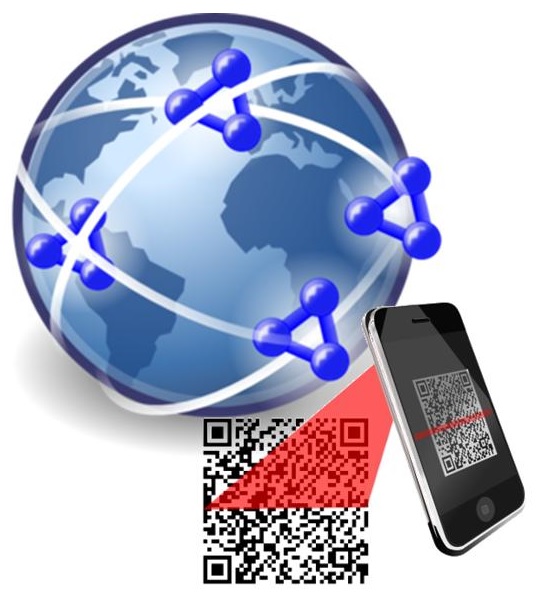Skycore has allowed quick response barcode using advertisers to be able to detect digital wallet scans.
Leading mobile technology provider, Skycore LLC, has just revealed that it is adding smartphone wallet detection to its mobile marketing platform through the use of the scans of QR codes.
Whenever a barcode is scanned, the SaaS platform from the company offers detection.
When there are scans of the QR codes, the SaaS platform can selectively display web content to standard barcode reader applications or issue pass files to wallet apps. This technology makes it possible for brands to be able to use a single barcode for consumers to use, instead of having to create one to pass issuance and another one for the web content.
This announcement aligns with the company’s belief that iOS 7 will enable scanning of QR codes within the Passbook app.
 Skycore intends to release a similar functionality based on QR codes within the Android app from PassWallet, which is currently in its beta release.
Skycore intends to release a similar functionality based on QR codes within the Android app from PassWallet, which is currently in its beta release.
Typically speaking, when QR codes are scanned by the majority of reader apps, the URL that is embedded will launch web content. However, by adding passes instantly to wallets, then the URL that is embedded will point directly to a specific pass file, instead. It will be easier for consumers to add passes using wallets that offer barcode scanning. However, at the same time, they will pose a challenge for brands to be able to support both web content and instant passes using a single barcode.
According to the CEO of Skycore, Rich Eicher, “By detecting whether the scan source is a wallet or a standard scanning app, we can selectively serve the proper pass file or alternatively serve mobile-optimized web content. This enables brands to display a single QR code at the point of interest.”
The mobile marketing platform at Skycore uses QR codes, SMS/MMS, and smartphone optimized web pages and emails for pass delivery. The company is based in Boston and first opened in 2003 to help to leverage mobile commerce and payments. It is designed to help to make it more convenient for both companies and consumers to be able to use these services by way of their mobile devices.

 Stores made out of quick response barcodes are going to be a big hit next year.
Stores made out of quick response barcodes are going to be a big hit next year.